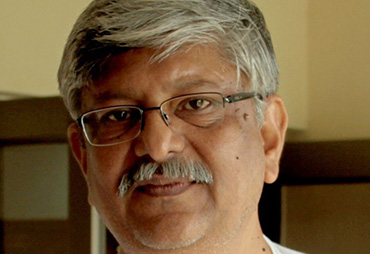
#GoodNews December: Highlights from Social Entrepreneurs in 2019
As the end of 2019 approaches, we’ve gathered up the good news: the progress and accomplishments of Skoll social entrepreneurs, hard at work on the world’s thorniest problems. We are…

Spread across diverse ecological and social geographies, the Foundation for Ecological Security (FES) works towards conservation of nature and natural resources through the collective action of local communities.
The crux of FES’ efforts lie in locating forests and other natural resources within the prevailing economic, social, and ecological dynamics in rural landscapes. Globally, FES hopes to see an increasing influence of two fundamental issues in governing shared natural resources: a ‘socio-ecological systems’� approach and a ‘Commons paradigm’�, which together could have far-reaching impacts on world views of development.
In India, FES has played a pioneering role in furthering the concept of the Commons as an effective instrument of local governance, as economic assets for the poor, and for the viability of adjoining farmlands. It has also highlighted that by strengthening the institutional dimension, collective action spins off from effectively managing natural resources to other spheres of village life such as education, health, and access to economic opportunities.
Village-level management of common lands results in more sustainable land use, environmental conservation, greater resiliency, and durable income for villagers.
Demonstration and Replication Measurable improvements in land and villager status are expected to drive public investment in replication.
Jagdeesh Rao had little knowledge or experience of rural life until his university studies took him to a village barely 100 kilometers from Hyderabad, where he was shocked by the evidence of inequality and the stark poverty that persisted in India, even 40 years after independence. He felt an affinity for those who suffered from discrimination, and worked throughout the 1980s and 1990s with rural communities struggling with issues of poverty and environmental degradation. Jagdeesh Rao joined the Foundation for Ecological Security as its first employee in 2001. At the beginning of his career, he was among those advancing new ideas about “the commons” or common-pool resources—that the tragedy of overexploitation is not inevitable, that regulation and privatization are not necessarily the solution, and that those who live closest to and use common resources, and know most about the situation, can engage in negotiating and enforcing cooperative strategies for use and stewardship. Today those ideas have taken hold and Jagdeesh Rao is recognized as a world leader in the discipline.



